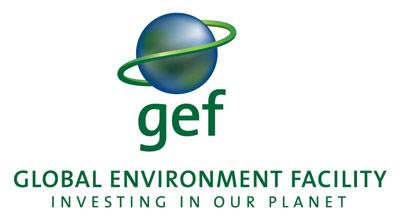You are here
Removing Barriers to increase investment in Energy Efficiency in Public Buildings in Ukraine
The objective of this project is to accelerate implementation of energy efficiency measures in public buildings in Ukraine through the ESCO modality, utilising EPC contracts, by leveraging over significant private sector investment over its five-year implementation period, including through the launching of a financial support mechanism, as well as by introducing a single nationwide energy management information systems (EMIS) for Ukraine. Over the same period, the 10 pilot EPC energy savings projects scheduled for implementation in 10 different municipalities in Ukraine will save 2,346 MWh of thermal energy and 268 MWh of electrical energy. Moving forward, these 10 pilots will annually save 1,870 MWh of thermal energy and 166 MWh of electrical energy until the useful equipment life of 20 years, resulting in a total reduction of 8,893 tons of CO2 over the 20-year equipment lifetime. Indirect post-project emission reduction over the next 10 years after project completion are expected to be 1,440,000 tons of CO2 avoided, which translates into an abatement cost of $ 3.80 of GEF funds per tCO2 reduced. The project will achieve this target by introducing a conducive regulatory framework for the establishment and operation of ESCOs through the EPC modality and by putting in place a financial support mechanism that, together, will facilitate private sector participation in implementing energy efficiency measures in public buildings. This will be combined with a single nationwide energy consumption data base for energy consumption in public buildings and energy management information system (that will operate in at least 20 cities in Ukraine by the end of the project) which will facilitate additional investments in energy efficiency. It is envisaged that this project will enable Ukraine to substantially reduce GHG emissions in the country over the coming years; consistent with its National Communications, total GHG emissions were almost 398 million tCO2 in 2012 and, in the absence of mitigation measures, were forecasted to see a two-fold increase to 790 million tCO2 by 2030. At the end of the project, it will be very important that local banks in Ukraine will understand the ESCO business model and that lending will be available to ESCOs in Ukraine with the commercial financing of local banks UNDP: 900,000 $ /GEF: 5.48M. $

